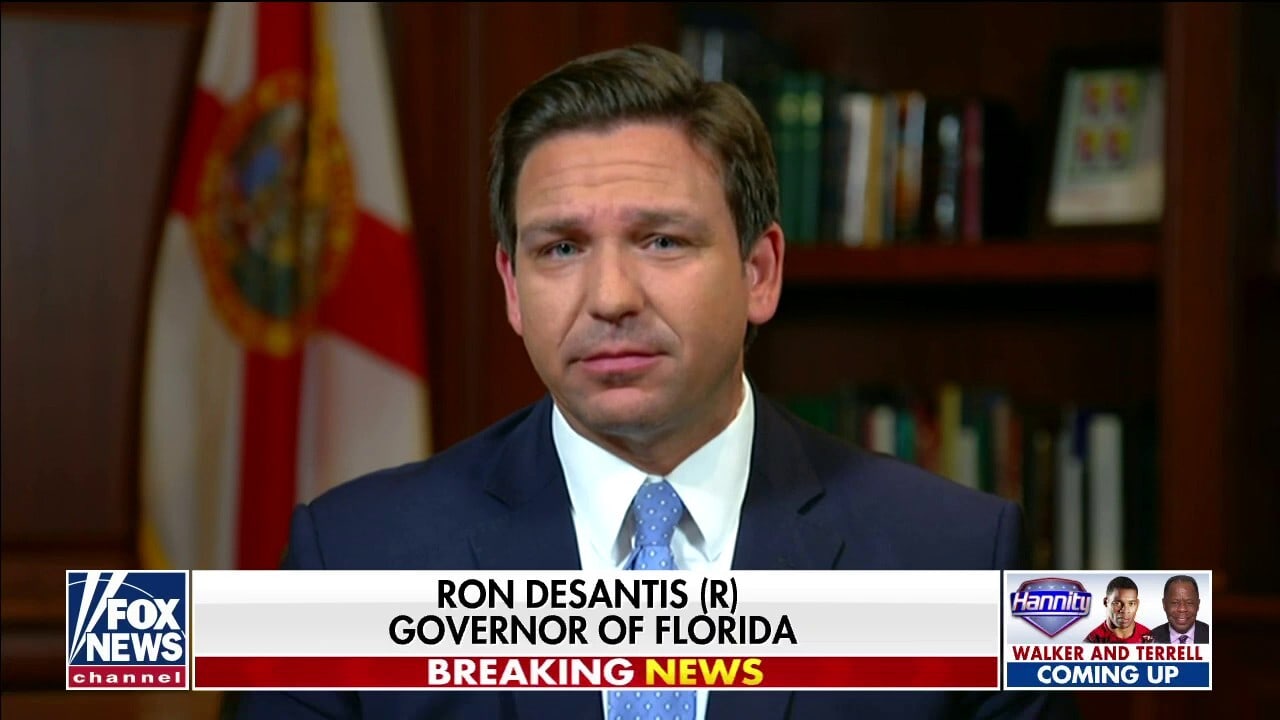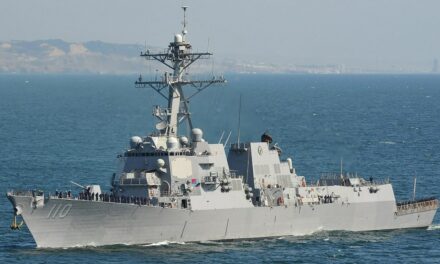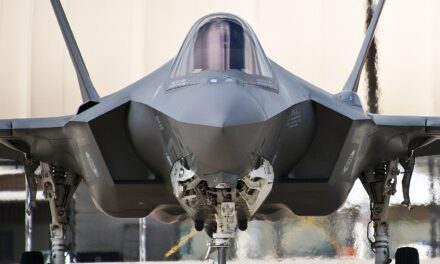We support our Publishers and Content Creators. You can view this story on their website by CLICKING HERE.
Who’s up next for the toughest job in the world?
Secretary of Defense is probably the single most difficult job in the US government, very possibly in any government. The Department of Defense is a globally unique institution, responsible for a massive variety of duties and employing a spectacular number of people is a dizzying array of positions. It was created from two different cabinet departments, and encompasses virtually all the uniformed military services of the United States along with an army of civilian employees. Since 1947, the Secretary of Defense has sat uneasily at the top of this pile, trying to influence its direction in one way or another and usually failing. Lists of “Great Secretaries of Defense Ever” usually put Dick Cheney at the top and follow him with a few statesmen who managed to fail in less sensational fashion than their brethren. It is worth noting that America’s first Secretary of Defense, James Forrestal, hurled himself from a hospital window shortly after being pushed out of the position by President Harry Truman.
In short, it’s an awfully tough job, even for the most seasoned of Washington’s bureaucratic and political warriors. Who will assume the position in the second Trump administration?
Pete Hegseth for Secretary of Defense?
Into this, Donald Trump decided to throw Pete Hegseth, former Army National Guard officer, Fox News presenter, and probably the most spectacularly unqualified individual ever to be considered for such a difficult post.
Even before allegations emerged about sexual assault, infidelity, and heavy drinking, the nomination was under fire because of Hegseth’s complete lack of qualifications.
While he has some military experience and has commented on defense issues on television, Hegseth lacks an independent political base and a strong history of personal achievement. He has no experience managing a large organization, either inside or outside government.
Hegseth is unlikely to be able to exert authority within the Pentagon or to act as a useful advocate of DoD in intra-administration debates, and his relationship with Congress is almost entirely non-existent.
At the time of this writing, the Hegseth nomination appears to be in considerable jeopardy, both because of his lack of qualifications and his “colorful” personal life.
If Hegseth withdraws, who’s next?
President of the United States Donald Trump speaking with supporters at a “Make America Great Again” campaign rally at Phoenix Goodyear Airport in Goodyear, Arizona.
Ron DeSantis For Secertary of Defense?
At first blush, Ron DeSantis seems an unlikely candidate for Secretary of Defense. While DeSantis served in the Judge Advocate General Corps of the US Navy during the Wars on Terror, his direct experience in the national security enterprise is limited.
During his three terms in the House of Representatives, Desantis served on the Foreign Affairs Committee and the Committee on Oversight and Accountability. However, he was not known as a “foreign policy guy” or a specialist in national security.
To be sure, his experience as governor of Florida includes relevant foreign policy duties, although these are largely distinct from the national security enterprise itself.
Nonetheless, Desantis has assets that Hegseth does not, and lacks Hegseth’s liabilities. The governor of Florida is regarded as a competent administrator with viable political skills. While he lacks expertise in the national security enterprise, he can handle the public and political part of the job. Desantis also has independent reservoirs of prestige and political capital to help him win battles within the Pentagon. He doesn’t know where all of the bodies at DoD are buried so he’s not a great choice from a reformist point of view, but there are reasons to believe he can handle the management aspects of the job.
However, some within Trump World doubt Desantis’ loyalty, a significant consideration at DoD because of Trump’s history with Secretary of Defense James Mattis. Moreover, it’s not quite obvious why Desantis would want the job. Considering his future ambitions, Secretary of Defense is a low-odds, high-risk gamble. A failed tenure at DoD won’t necessarily make him more competitive for the 2028 GOP Presidential nomination. Even a successful stint won’t necessarily increase his profile sufficiently to compete with JD Vance and Marco Rubio.

Ron DeSantis on Fox News. Image Credit: Screenshot.
Who Else Could Get the Nod from Donald Trump?
What if Hegseth fails and Desantis decides he doesn’t want the job? Mike Waltz, Trump’s selection as National Security Advisor, could easily slide over to DoD.
Elbridge Colby, who has long worked to give intellectual heft to Trumpist foreign and security policy, has been mooted by politicos close to the office of Vice President Elect JD Vance.
Senator Bill Haggerty of Tennessee and and Representative Wesley Hunt of Texas have also been discussed as options.
What Happens Now at the Pentagon?
President Trump knows what it means to live with a failure at Secretary of Defense. While Mattis performed his duties competently he did not comply with core directives from the President, and eventually resigned publicly after refusing to carry out the President’s orders. The desire for loyalty probably drove Trump’s selection of Hegseth as the initial nominee, although it’s uncertain whether he’ll be able to find another loyalist if Hegseth withdraws.
In any case, the eventual nominee will face an enormously difficult job and, in all likelihood, will fail to manage and master the Department of Defense.
About the Author: Dr. Robert Farley
Dr. Robert Farley has taught security and diplomacy courses at the Patterson School since 2005. He received his BS from the University of Oregon in 1997, and his Ph. D. from the University of Washington in 2004. Dr. Farley is the author of Grounded: The Case for Abolishing the United States Air Force (University Press of Kentucky, 2014), the Battleship Book (Wildside, 2016), Patents for Power: Intellectual Property Law and the Diffusion of Military Technology (University of Chicago, 2020), and most recently Waging War with Gold: National Security and the Finance Domain Across the Ages (Lynne Rienner, 2023). He has contributed extensively to a number of journals and magazines, including the National Interest, the Diplomat: APAC, World Politics Review, and the American Prospect. Dr. Farley is also a founder and senior editor of Lawyers, Guns and Money.

 Conservative
Conservative  Search
Search Trending
Trending Current News
Current News 





